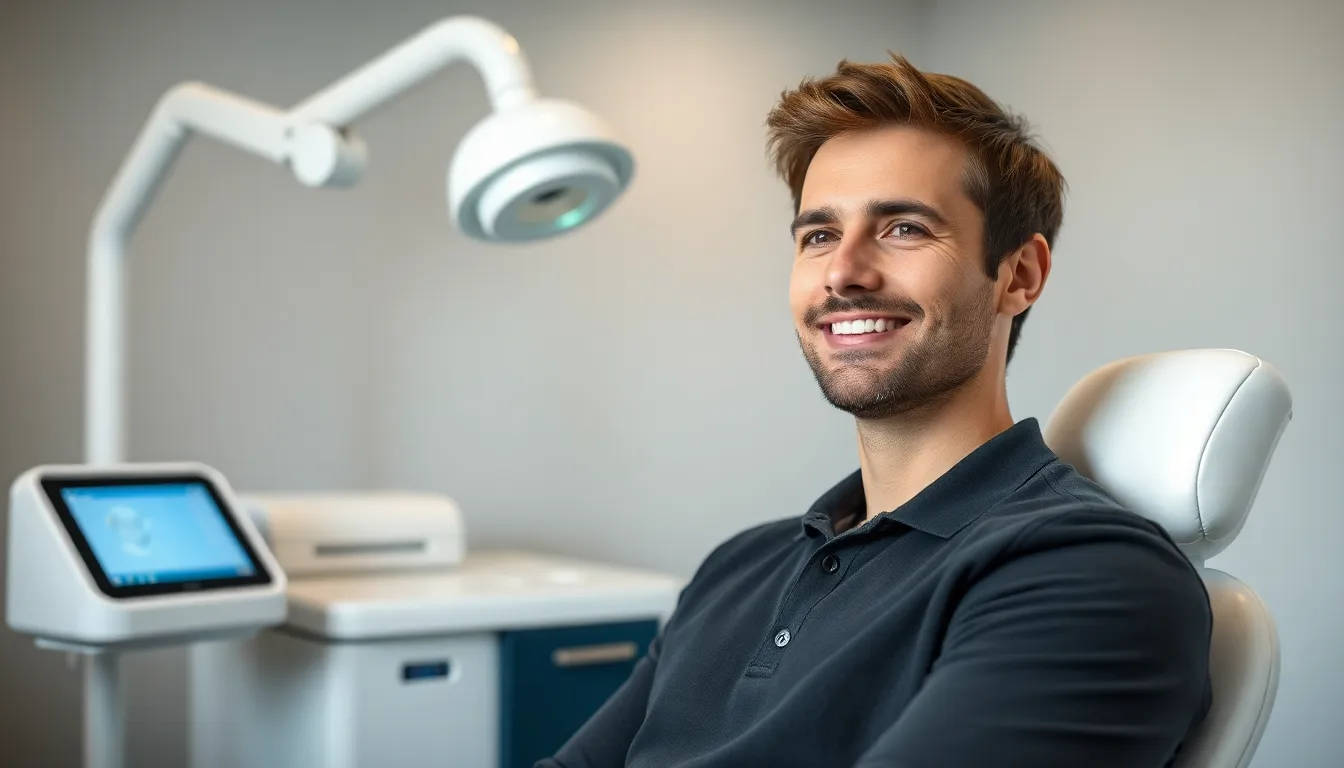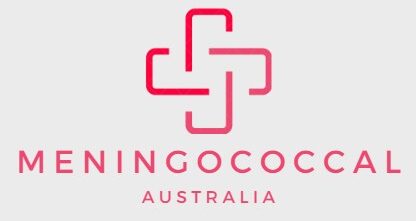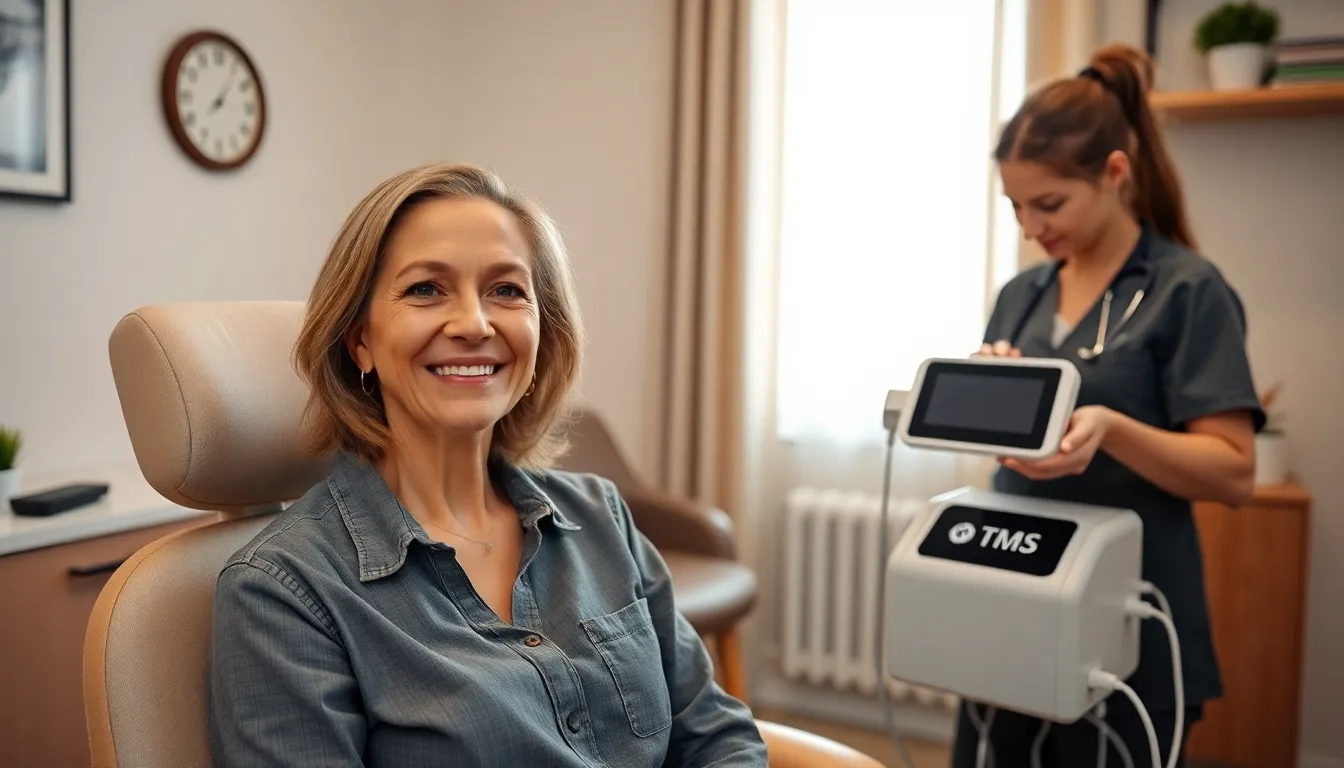Key Takeaways
- TMS therapy is a non-invasive, evidence-based treatment for depression, increasingly available across Melbourne for patients unresponsive to medication or psychotherapy.
- Leading Melbourne clinics—including Neuralia TMS, The Melbourne Clinic, and others—offer tailored TMS treatments under the supervision of accredited mental health professionals.
- Clinical studies show TMS therapy achieves significant improvements in mood and functioning for 30–60% of individuals with treatment-resistant depression.
- TMS sessions are typically well-tolerated, with mild side effects and no need for sedation, making it an appealing alternative for many patients.
- Costs for TMS therapy in Melbourne can vary, but partial Medicare rebates and some private health cover options are available, subject to clinical eligibility.
- Patients reported positive experiences and renewed hope with TMS, highlighting its role as a promising option when traditional treatments have failed.
Living with depression can feel overwhelming, especially when standard treatments don’t bring relief. In Melbourne, more people are turning to TMS therapy as an innovative option that offers hope when other methods fall short. This non-invasive treatment is gaining attention for its potential to help those struggling with persistent symptoms that haven’t responded to conventional approaches.
TMS (Transcranial Magnetic Stimulation) therapy uses targeted magnetic pulses to stimulate specific areas of the brain linked to mood regulation, potentially improving neural activity in regions affected by depression. With clinical studies showing significant improvements for 30-60% of individuals with treatment-resistant depression, this evidence-based approach is becoming increasingly accessible across Melbourne. For residents seeking specialized care from experienced practitioners, Neuralia TMS offers comprehensive treatment programs delivered by qualified professionals who tailor therapy to each patient’s unique needs, providing a promising alternative when medication and psychotherapy haven’t achieved the desired results.
Understanding TMS Therapy for Depression
TMS therapy offers a non-invasive option for treating depression. Melbourne clinics, including Neuralia TMS, provide access to this brain stimulation method for people who haven’t improved with medication or psychotherapy.
What Is TMS Therapy?
TMS stands for Transcranial Magnetic Stimulation. It uses magnetic fields to stimulate nerve cells in the brain. This therapy targets regions known to influence mood, particularly the left dorsolateral prefrontal cortex, a brain area involved in depression. TMS therapy takes place in an outpatient setting with patients remaining awake throughout the session. A typical course consists of daily treatments for four to six weeks. Clinicians at Melbourne providers, such as Neuralia TMS, deliver these sessions using FDA-approved devices and protocols to maintain safety and comfort.
How Does TMS Work for Depression?
TMS therapy works by directing repetitive magnetic pulses to mood-regulating brain circuits. This stimulation changes neural activity for people living with depression, specifically those whose symptoms persist despite antidepressant use. Each session involves positioning a magnetic coil near the scalp, which sends focused pulses to stimulate underactive neural pathways. Evidence shows improvements in mood and daily function for 30–60% of people treated, based on clinical studies published in The Lancet and the Australian and New Zealand Journal of Psychiatry. At clinics like Neuralia TMS in Melbourne, clinicians tailor treatment plans based on individual response and clinical need, monitoring progress at set intervals.
The Availability of TMS Therapy in Melbourne
TMS therapy for depression is offered by multiple Melbourne clinics with modern equipment and skilled clinical oversight. Access extends across central and suburban areas to support those seeking non-invasive brain stimulation treatments.
Leading Clinics and Practitioners
Melbourne hosts several leading TMS therapy providers. The Melbourne Clinic, staffed by accredited psychiatrists and TMS-trained teams, requires a referral from a GP or psychiatrist for assessment and treatment. TBS Melbourne deploys advanced TMS technology and provides care under mental health specialists. The Victoria Clinic delivers both inpatient and outpatient TMS supervised by psychiatric and nursing professionals. Neurocare Group operates from Melbourne’s CBD with a team of psychiatrists, psychologists, and neuroscientists offering drug-free depression therapy. Neuralia TMS provides TMS using FDA-approved protocols and accredited staff, focusing on patient comfort and safety. Each centre tailors treatment plans to individual clinical needs and maintains structured review protocols.
Accessibility and Eligibility
Eligibility for TMS therapy in Melbourne relies on clinical assessment, typically following a referral from a GP or psychiatrist. Most clinics accept referrals and support a range of funding sources, including private health funds, WorkCover, DVA, TAC, and self-funding options. Treatment is available for both inpatient and outpatient pathways, allowing flexibility for different patient circumstances. Course duration usually involves attending sessions daily, five times weekly, over four to six weeks. Neuralia TMS and other clinics use standardised eligibility criteria to ensure patients receive appropriate non-invasive brain stimulation for depression, especially when conventional interventions have not achieved symptom relief.
Effectiveness and Benefits of TMS Therapy

TMS therapy demonstrates consistent effectiveness for depression, including treatment-resistant cases, across Melbourne clinics like Neuralia TMS. Targeted magnetic stimulation helps normalise brain activity involved in mood regulation, contributing to measurable benefits for patients not responding to standard treatments.
Clinical Outcomes and Success Rates
Clinical trials and meta-analyses confirm that TMS therapy for depression achieves response rates of up to 50% and remission rates in a substantial portion of patients. For adults with treatment-resistant depression, repetitive TMS sessions over four to six weeks result in significant improvements in mood and functioning. Research published in 2021 found that TMS matches or outperforms antidepressants in patients unresponsive to multiple medications. In Melbourne, clinics such as Neuralia TMS implement advanced brain-mapping techniques to personalise treatment, potentially enhancing patient outcomes and further raising success rates among local patients.
Advantages Over Traditional Treatments
TMS therapy offers key advantages compared to medication and psychotherapy for depression management in Melbourne. Sessions are non-invasive, require no sedation, and patients remain awake and alert throughout. Side effects are typically mild—such as scalp discomfort—and do not include weight gain or sexual dysfunction, which are common with antidepressants. Neuralia TMS operates with strict clinical protocols, reducing the risk of unwanted effects. The targeted nature of TMS ensures stimulation only of brain areas involved in mood, leaving other body systems unaffected. For patients unable to tolerate medications or those seeking new options after conventional treatment failure, TMS represents a precise and well-supported alternative.
The Patient Experience in Melbourne
Patients receiving TMS therapy for depression in Melbourne, including at Neuralia TMS, take part in a structured, non-invasive treatment overseen by specially trained staff. Sessions are conducted in designated suites where comfort and clinical oversight are prioritised.
What to Expect During Treatment
Session structure for TMS therapy in Melbourne follows an evidence-based schedule. Each visit lasts about 30–40 minutes. Treatment plans start with 20 sessions over four weeks, usually with sessions scheduled on weekdays. Patients stay awake and alert while seated in a supportive chair, and receive stimulation through a coil placed near the scalp.
Safety protocols minimise side effects. Most patients report mild scalp discomfort or slight headaches, with severe events rare. Clinics, including Neuralia TMS, maintain comfortable waiting and treatment areas to support a positive experience.
Real Stories and Testimonials
Patients in Melbourne often report TMS therapy as a tolerable and effective option after struggling with unsuccessful antidepressant treatments. Documented outcomes show 30–60% of individuals achieve significant improvement in mood and everyday activities after TMS.
While individual testimonials from Melbourne clinics such as Neuralia TMS aren’t widely published, multiple reports note positive experiences, safety, and enhanced quality of life during and after therapy. TMS offers renewed hope to those experiencing persistent depression where medication has not worked.
Costs and Funding Options
TMS therapy for depression in Melbourne involves financial considerations that depend on clinic policies, treatment specifics, and individual eligibility for healthcare funding. Patients exploring TMS at providers such as Neuralia TMS encounter distinct fee structures and funding arrangements.
Pricing in Melbourne Clinics
Pricing for TMS therapy in Melbourne clinics spans several thousand to over $10,000 AUD for a full course. The cost covers roughly 20 sessions, each lasting 30–40 minutes over four weeks. Factors affecting pricing include equipment type, provider reputation, and supplementary services like psychiatric assessments or support therapy. Fees at Neuralia TMS and The Melbourne Clinic often reflect the use of FDA-approved technologies and experienced clinicians. As clinics share pricing details upon inquiry, prospective patients contact reception staff directly to obtain current cost breakdowns and schedule options.
Medicare and Insurance Coverage
Medicare in Australia offers partial rebates for TMS therapy if clinical requirements are met. Patients must be referred by a psychiatrist, and documented non-response to at least two antidepressants is needed. While Medicare covers only a portion of total costs, most remaining fees become out-of-pocket expenses unless top-tier private cover applies. Coverage through private health insurers differs by provider and policy; some insurers include TMS under mental health plans, but confirmation is essential before therapy begins. Neuralia TMS staff guide patients in verifying their eligibility and assist with rebate processes, ensuring funding pathways match patient needs and clinical recommendations.
About Neuralia TMS
Neuralia TMS, located in Moonee Ponds, VIC, offers innovative treatments for mental health conditions using non-invasive, drug-free therapies.
Under the leadership of Medical Director Dr. Shanek Wick, Neuralia TMS specialises in Transcranial Magnetic Stimulation (TMS) therapy for conditions such as depression, anxiety, PTSD, OCD, chronic pain, and Parkinson’s disease. The clinic also provides transcranial Direct Current Stimulation (tDCS), an at-home neuromodulation therapy, and pharmacogenetic testing to personalise treatments based on each patient’s genetic profile, ensuring optimal results and tailored care.
Contact:
Dr. Shanek Wick, Medical Director
Phone: 03 9122 5246
Email: [email protected]
Address: Suite 102/149-155 Pascoe Vale Rd, Moone Ponds 3039 VIC
Website: www.neuralia.com.au
Frequently Asked Questions
What is TMS therapy and how does it work?
TMS (Transcranial Magnetic Stimulation) therapy is a non-invasive treatment for depression. It uses magnetic pulses to stimulate specific areas of the brain involved in mood regulation, usually when other treatments like medication or psychotherapy have not been effective.
Who is eligible for TMS therapy in Melbourne?
Eligibility usually requires a referral from a GP or psychiatrist and evidence that traditional antidepressant treatments have not worked. Most clinics in Melbourne follow standard criteria to ensure it is suitable for the patient.
How effective is TMS therapy for depression?
Clinical studies show that 30–60% of patients with depression experience significant improvements in mood and daily functioning with TMS, especially those who haven’t responded to multiple antidepressants.
How long does a typical TMS treatment course last?
A standard TMS treatment course in Melbourne usually involves daily sessions (Monday to Friday) over four to six weeks, with each session lasting about 30–40 minutes.
What are the main benefits of TMS therapy compared to traditional treatments?
TMS therapy is non-invasive, does not require anaesthesia, and generally has minimal side effects. It is especially beneficial for patients who cannot tolerate antidepressant medications or have not had success with them.
Are there any side effects from TMS therapy?
Most patients report only mild side effects, such as scalp discomfort or headache, which usually improve quickly. Serious side effects are rare due to strict safety protocols.
What does a TMS therapy session involve?
During a session, a magnetic coil is placed near your scalp to deliver targeted magnetic pulses while you remain awake and alert in a comfortable clinic setting. The process is painless and monitored by trained staff.
Which clinics in Melbourne offer TMS therapy?
Melbourne has several leading TMS providers, including The Melbourne Clinic, TBS Melbourne, Victoria Clinic, Neurocare Group, and Neuralia TMS, all staffed by experienced professionals.
How much does TMS therapy cost in Melbourne?
The cost of a full TMS course in Melbourne typically ranges from several thousand to over $10,000 AUD, depending on the clinic and treatment plan. Patients are advised to check with the clinic for exact pricing.
Is TMS therapy covered by Medicare or private health insurers?
Medicare provides partial rebates for eligible patients who meet specific clinical criteria, such as non-response to two antidepressants with proper referral. Some private health insurers may also offer coverage; check with your provider for details.

